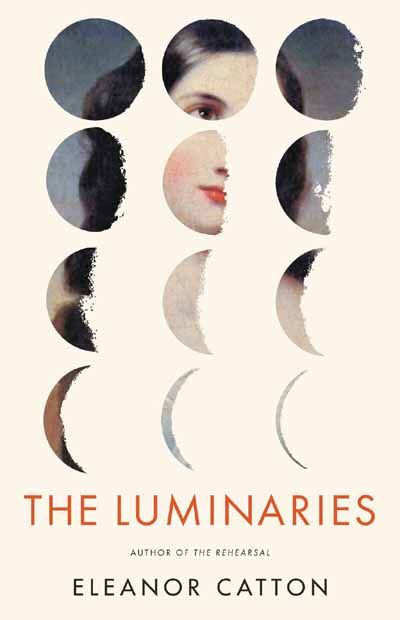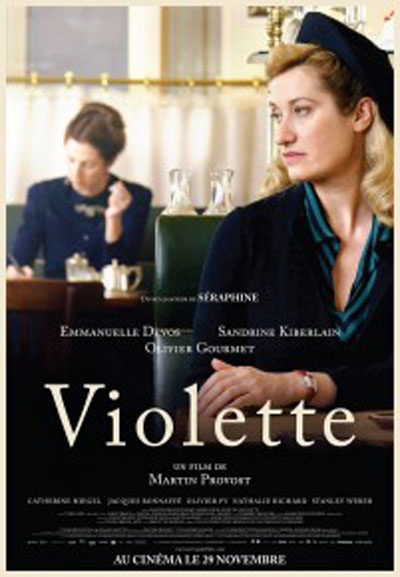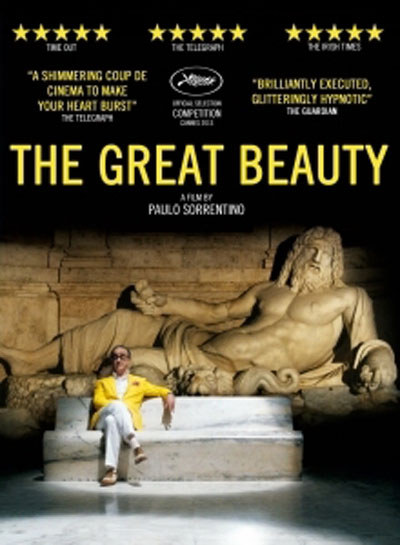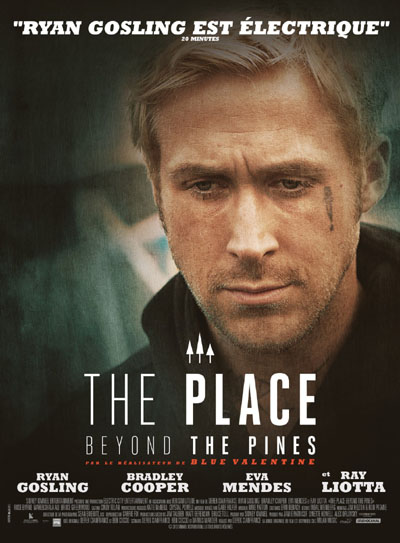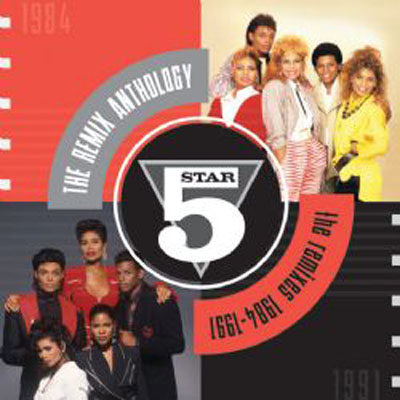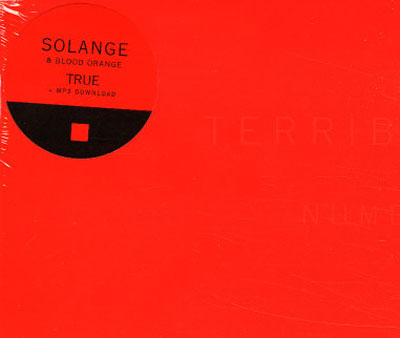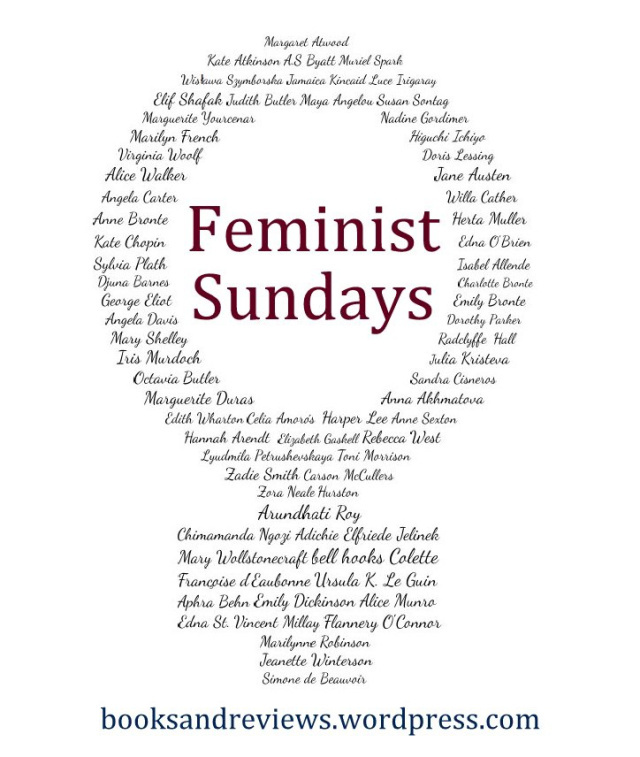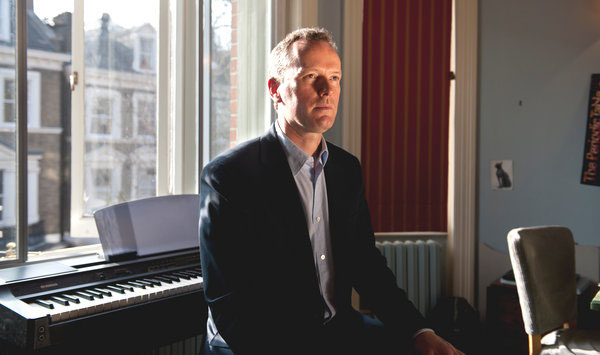Approaching a book like Loaded feels in some ways like revisiting my teenage self. Although he's not at all like me on the surface there is all the familiar adolescent cynicism and rebellion which is still so easy to taste. The story takes place over roughly a 24 hour period of partying, sex and drugs in Melbourne. The protagonist Ari is a 19 year old Australian boy of Greek heritage who would scoff at being so neatly classified as he detests labels. “You're either Greek or Australian, you have to make a choice. Me, I'm neither. It's not that I can't decide; I don't like definitions.” Of course, his resistance to classification and being slotted into place is something that he hypocritically does all the time when viewing other people. He continuously defines the people he meets by their nationality or sexuality or their class (his most sneering contempt saved the married, employed, suburban people he defines as Wogs). For Ari labels like this are curiously hollowed out: “I want to tell her that words such as faggot, wog, poofter, gay, Greek, Australian, Croat are just excuses. Just stories, they mean shit. Words don't stop the boredom.” Like many teenagers he feels exceptionally bored by everything and his time is spent more in trying eradicate the self rather than nourish it (with culture, building substantial relationships with friends/lovers or working). When out and about he frequently listens to music to be “caught in a magic world of harmony and joy, a truly ecstatic joy, where aching longing to be somewhere else, out of this city, out of this country, out of this body and out of this life, is kept at bay.” Rather than be truly present he wants to escape the world immediately around him which he perceives to be corrupt and mediocre.
In addition to listening to music and taking a large amount of drugs to remain constantly high Ari has a phenomenal amount of sex. Because he's young and cute sex with men and women is never too difficult to find in bars, alleyways or at house parties. Tsiolkas' descriptions of the way gay bars and cruising functions is eerily accurate: “we hesitate in our physical communions. Testing each other, not wanting to be the first to admit desire. The first to be the faggot.” The environment is charged with sex, but there is also a wariness for fear of being hurt and rejected as well as a masculine homophobic pride in not wanting to be the first to admit you want it. Ari's blunt attitude towards calling it like he sees it applies especially to the gay people he encounters. “No matter how many hours spent at the gym, no matter the clothes he wears, the way he cuts his hair, the way he talks, a gay man always reveals himself as a faggot.” Ari is nothing but savage in the way he condemns people for being what they are and looking down at them. Typical for a teenager. In doing so Tsiolkas also highlights a particular problem for many gay men who have to wrestle with concepts of masculinity they've inherited when growing up. Our sexual nature is often aggressive especially when having casual sex. At two different points when Ari has sexual encounters pleasure is taken and given only through violent grappling. This attitude is something which especially arises when cruising: “He was a momentary figure in my life. That's what I like about casual sex with men; there's no responsibility towards the person you fuck with.” The anonymity of the encounters gives a kind of freedom where raw desire can be expressed without apology or consideration for the other person. This is because contempt runs closely alongside that desire. Ari has internalized all the anger and disdain he feels from society and projects it back out. At one point he states “insults have formed me, they have nourished me. In latrines and underneath piers I have enjoyed pleasures that are made sweeter by the contempt I know they bestow on me in the eyes of the respectable world I abhor.”
Ari sees that a society based on capitalism creates a competitive environment where some flourish while others are winnowed out. Therefore he can't feel any sort of fellowship with those he judges to be Wogs: “It is impossible to feel camaraderie if the dominant wish is to get enough money, enough possessions to rise above the community you are in.” He stubbornly resists having any sort of direction or purpose in life because of this. Better to get fucked on drugs and sleep around than join in what he sees to be an inherently corrupt and flawed society. Worse than wishing to join in with it he'd rather see the human race eradicated for its competitive machinations: “Pol Pot was right to destroy, he was wrong not to work it out that you go all the way. You don't kill one class, one religion, one party. You kill everyone because we are all diseased, there is no way out of this shithole planet.” To side with a dictator and root for the annihilation of humanity is both a strong statement and an empty pathetic statement. It feels too easy to project your pain out to the world which you haughtily judge and wish to see it levelled out. This is the same logic applied in the story of Noah's Ark or any disaster movie like 2012; wash the world of its sins by eradicating the human race except for a few who survive through chance in order to start over. Except Ari would rather the population be brought down to zero. When contemplating the complex frustrating way society works it's really attractive to imagine these stories and I do love a good disaster movie. But it's not really useful when going forward day to day and it doesn't take into consideration the individual's private pain or their inherent right to live life the way they want to. Ari can't see past his contempt for the world because he is “loaded” - not just strung out on drugs, but loaded with history and all the injustices of society. So where to go from here? It's telling that Loaded only takes place over a single day. As an accurate portrait of a teenage grappling with these difficult issues Christos Tsiolkas does a superb job and the novel is successful in conveying Ari's intense painful feelings. I wonder what could happen to Ari next (although it's clearly not the author's intention to try to answer this and it's certainly not his responsibility to do so.) There is only so long Ari can continue having this attitude towards life before he loses all his opportunities. Either he'll run out of money, favours with his family and friends, get arrested or die from over-indulgence in drugs, violence and/or promiscuous dangerous sex. Or he'll have to compromise his ideas and turn into the kind of Wog he so despises. Ari makes it clear he'll take the former option. I like to think there is a middle ground which many of us tread where we can sustain ourselves while maintaining our ideals and a healthy amount of skepticism but also having a good time and not causing too much damage. Maybe I'm just dreaming.
I haven't read anything else by Tsiolkas yet. Based on his in-your-face themes I'm not surprised he's a controversial writer. Books with unlikeable characters are difficult for some people to read. I grappled with a lot of feelings reading this novel, but isn't that the point? In terms of presenting points of view in a painfully honest way I think he's extremely effective.
Tsiolkas talks here about his novel The Slap but elaborates on his feelings about Australia, masculinity, the middle class and violence which are all themes heavily dealt with in Loaded.















